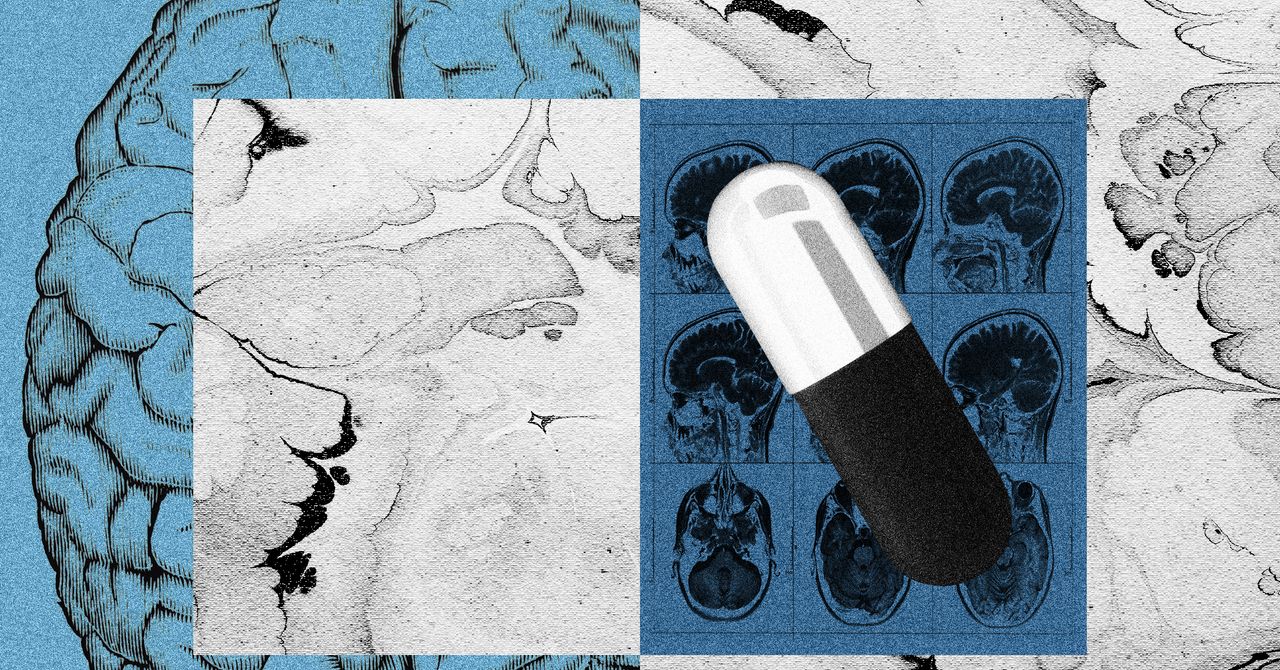Mindstate Design Labs Uses AI to Create a Non-Hallucinogenic Psychedelic

Key Points
- Mindstate Design Labs uses AI to link drug chemistry with 70,000+ trip reports.
- Developed MSD‑001, a proprietary formulation of 5‑MeO‑MiPT that avoids classic hallucinations.
- Phase I trial with 47 healthy volunteers showed safety, tolerability, and mood‑enhancing effects.
- Participants reported heightened emotions and perception without hallucinations.
- Brain imaging indicated activation of psychedelic‑related neural pathways.
- Company frames MSD‑001 as a base "psychedelic tofu" for future combination therapies.
- Goal is to treat mood, anxiety, and compulsive disorders while expanding patient eligibility.
- Regulatory strategy focuses on drug approval separate from psychotherapy protocols.
Mindstate Design Labs, backed by prominent Silicon Valley investors, has leveraged artificial intelligence to design a novel psychoactive compound that avoids classic psychedelic hallucinations. The AI platform linked biochemical data with thousands of trip reports to identify a formulation of 5-MeO-MiPT, called MSD-001, that activates serotonin‑2A receptors without producing a full "trip." In a Phase I trial with healthy volunteers, MSD‑001 was safe, well tolerated, and produced heightened emotions and perceptual changes without hallucinations. The company aims to use this "psychedelic tofu" as a base for future therapeutics targeting mood and anxiety disorders.
AI‑Driven Drug Design
Mindstate Design Labs, a startup founded in 2021 and supported by investors from Y Combinator, OpenAI, Neuralink, Instacart, Coinbase, and Twitch, has built an artificial‑intelligence platform that matches biochemical profiles of psychoactive substances with more than 70,000 user‑generated trip reports. The system analyzes how different molecular interactions produce specific subjective effects, allowing researchers to isolate the therapeutic components of psychedelics while stripping away the intense hallucinogenic elements.
Creation of MSD‑001
Using this platform, Mindstate identified a proprietary oral formulation of 5‑MeO‑MiPT, known on the street as "moxy," and designated it MSD‑001. The compound targets the serotonin‑2A receptor but does not engage the broader range of brain sites typical of classic psychedelics. The company describes MSD‑001 as the "least psychedelic psychedelic"—psychoactive enough to alter mood and perception, yet lacking the self‑disintegration, oceanic boundlessness, and visual hallucinations that define a full psychedelic experience.
Phase I Human Trial
Mindstate conducted a Phase I trial at the Centre for a Human Drug Research in the Netherlands. The study enrolled healthy volunteers, some with prior psychedelic experience and some without, and tested five dose levels of MSD‑001. Across 47 participants, the drug was safe and well tolerated, with no serious adverse events reported. Participants reported heightened emotions, increased associative thinking, enhanced imagination, and brighter visual perception, but did not experience hallucinations or the intense “trip” phenomena associated with traditional psychedelics.
Researchers measured effects using validated psychedelic scales, subjective mood questions, eye‑movement tracking, and brain‑imaging before, during, and after dosing. Brain‑wave patterns observed during the peak of MSD‑001 activity resembled those seen with psilocybin and other first‑generation psychedelics, confirming that the compound engages similar neural pathways while delivering a milder subjective experience. Psychoactive effects began roughly 30 minutes after ingestion, peaked between one and a half to two hours, and then subsided without lingering safety concerns.
Therapeutic Rationale
The Mindstate team believes that the therapeutic value of psychedelics may stem more from their ability to promote neuroplasticity—stimulating the growth of new neuronal connections—than from the hallucinogenic compounds themselves. By delivering a drug that activates the serotonin‑2A receptor without overwhelming sensory disruption, Mindstate hopes to expand the pool of patients who can safely receive psychedelic‑inspired treatments, including individuals with psychotic or personality disorders who are currently excluded from traditional psychedelic trials.
Future Directions
Mindstate plans to use MSD‑001 as a baseline “psychedelic tofu” that can be combined with other agents to target specific mental‑health conditions such as anxiety, mood disorders, compulsive disorders, and phobias. The company envisions a delivery model similar to Spravato, an FDA‑approved nasal spray of ketamine, where the drug is administered under medical supervision without the need for intensive psychotherapy during the session.
Regulatory pathways remain a challenge. While the FDA has previously rejected MDMA‑assisted therapy for PTSD pending additional data, Mindstate aims to seek approval for the compound itself, separate from any talk‑therapy protocol. The company’s early‑stage results suggest a promising avenue for safer, more accessible psychedelic‑based therapeutics, though further clinical testing will be required to confirm efficacy in target patient populations.